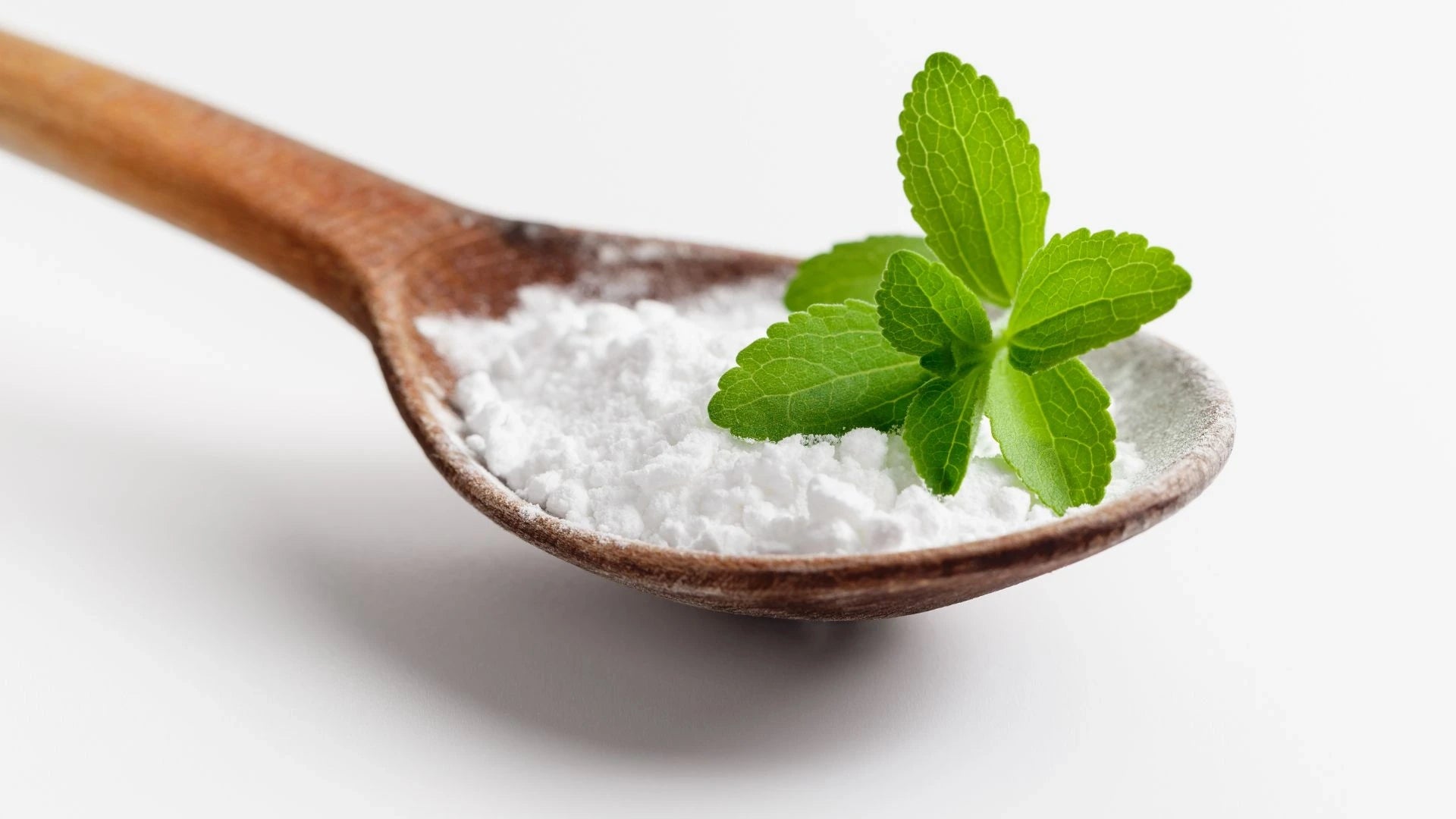
Is Stevia Bad for Your Brain? Debunking the Myths and Unveiling the Truth
Are you concerned about the impact of stevia on your brain health? With the increasing popularity of low-calorie sweeteners, it's essential to separate fact from fiction when it comes to the potential effects on your cognitive function. In this blog post, we'll explore the latest research and shed light on whether stevia is truly bad for your brain.
The Memory Connection: Teens and Low-Calorie Sweeteners
Recent headlines suggest that teens who consume diet sodas or foods with low-calorie sweeteners may suffer memory issues as adults. While this claim may sound alarming, it's crucial to examine the scientific evidence behind it.
A study conducted by USC Dornsife found a potential association between the consumption of low-calorie sweeteners during adolescence and memory problems in adulthood. However, it's important to note that this study does not establish a causal relationship.
Researchers believe that the link between low-calorie sweeteners and memory issues may be attributed to factors other than the sweeteners themselves. For example, individuals who consume diet sodas or low-calorie foods may have an overall unhealthy lifestyle or be prone to other risk factors that could impact their cognitive function.
Therefore, it's crucial to consider the broader context and not solely blame stevia or other low-calorie sweeteners for memory problems.
Cardiovascular Concerns: Erythritol and Its Link to Heart Attack and Stroke
Another sweetener often used in conjunction with stevia is erythritol. Recent studies have raised concerns about its potential connection to cardiovascular issues, including heart attacks and strokes.
A study highlighted by CNN found that erythritol, an ingredient in stevia and other reduced-sugar products, may be linked to an increased risk of stroke, heart attack, and early death. However, it's important to approach these findings with caution.
The study does not prove that erythritol directly causes cardiovascular problems. Instead, it suggests a potential association that requires further investigation. It's crucial to consider other factors, such as an individual's overall diet, lifestyle, and genetic predispositions, when assessing the impact of erythritol on cardiovascular health.
Artificial Sweeteners and Brain Health: What Does Harvard Health Say?
Harvard Health has explored the topic of artificial sweeteners and their potential impact on brain health. While there is ongoing research in this area, current evidence does not support the claim that stevia or other artificial sweeteners are inherently bad for your brain.
It's important to recognize that the role of artificial sweeteners in brain health is complex and multifaceted. Some studies suggest a potential link between artificial sweeteners and adverse effects on cognitive function, while others do not find a significant association.
Harvard Health advises that moderation is key when it comes to consuming artificial sweeteners. While they may be a useful tool for individuals looking to reduce their sugar intake, it's important to maintain a balanced diet and prioritize whole, unprocessed foods for optimal brain health.
Debunking the Myths: Stevia and Educational Conversations
In educational and conversational settings, it's crucial to separate myths from facts when discussing the impact of stevia on brain health. Misinformation can lead to unnecessary fear and confusion.
While research is ongoing, there is currently no conclusive evidence to suggest that stevia is inherently bad for your brain. It's important to consider the broader context, including overall lifestyle, diet, and genetic factors, when evaluating the potential impact of stevia on cognitive function.
Conclusion
So, is stevia bad for your brain? The answer is not a simple yes or no. While there may be associations between low-calorie sweeteners and memory issues or erythritol and cardiovascular concerns, the research is still evolving.
It's crucial to approach these claims with critical thinking and consider the broader context. Maintaining a balanced diet, prioritizing whole, unprocessed foods, and practicing moderation in the consumption of artificial sweeteners can contribute to overall brain health.
Remember, making informed choices based on reliable scientific evidence is key when it comes to your health and well-being.